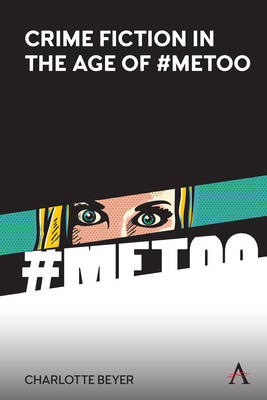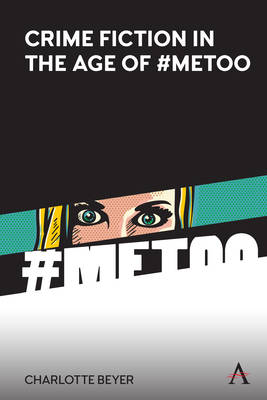
- Retrait gratuit dans votre magasin Club
- 7.000.000 titres dans notre catalogue
- Payer en toute sécurité
- Toujours un magasin près de chez vous
- Retrait gratuit dans votre magasin Club
- 7.000.0000 titres dans notre catalogue
- Payer en toute sécurité
- Toujours un magasin près de chez vous
Description
Informed by fourth-wave feminism, Crime Fiction in the Age of #MeToo presents a compelling and timely reading of crime fiction in the age of #MeToo. The book explores five major fourth-wave feminist topics, #MeToo, rape culture, toxic masculinity, LBGTQ+ perspectives, and transgender. These topics have been the subject of intense feminist scrutiny and campaigning, and the book demonstrates how this attention is reflected in contemporary crime fiction and its generic and thematic preoccupations. The book opens with a chapter presenting an overview of existing critical perspectives and feminist debates, demonstrating how fourth-wave feminist ideas and debates are inspiring innovations in the genre, as well as generating fresh ways of reading past and present crime fictions. Providing an overview and context for both fourth-wave feminism and the #MeToo movement, the chapter establishes the critical and cultural framework for its analysis. The chapter also outlines the book's methodology and approach, detailing the contents of the chapters.
Spécifications
Parties prenantes
- Auteur(s) :
- Editeur:
Contenu
- Nombre de pages :
- 192
- Langue:
- Anglais
Caractéristiques
- EAN:
- 9781785278556
- Date de parution :
- 12-11-24
- Format:
- Livre relié
- Format numérique:
- Genaaid
- Dimensions :
- 152 mm x 229 mm
- Poids :
- 453 g







